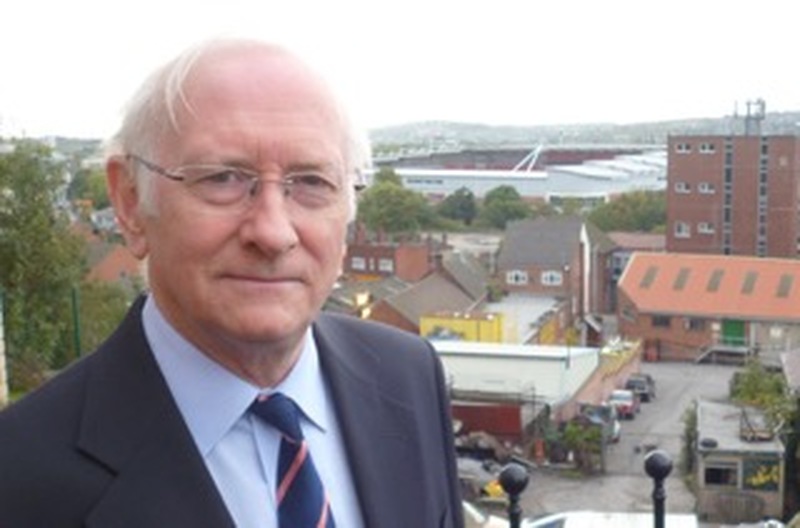FUTURE plans to roll-out so-called smart motorways along Barnsley’s stretch of the M1 will not occur until five years’ worth of data has been collated, transport bosses have confirmed.
South Yorkshire’s current stretch, from junctions 32 to 35a, was set to be extended further as a result of leaders assessing plans for a new junction in Barnsley - 37a - in order to access a development site known as MU1, which is the largest in the council’s local plan blueprint for housing and business growth.
Plans show it could be created in either Darton or Cawthorne before 2027, further boosting accessibility into MU1.
However, while that scheme remains part of the Sheffield City Region’s roads implementation plan, police bosses have called for any future smart motorway work to be scrapped altogether.
They have been the subject of criticism since they were rolled out for their lack of emergency stopping areas, leaving vehicles stranded in open lanes of fast-moving traffic.
Ministers announced last week that they will immediately cease building any more smart motorways until five years’ worth of safety data is available.
Transport Secretary Grant Shapps also announced plans for more emergency refuge areas on existing stretches, and that an independent evaluation will be undertaken into of the effectiveness of stopped vehicle detection technology.
South Yorkshire Police and Crime Commissioner Dr Alan Billings believes the government’s announcement that the roll-out of smart motorways will be halted ‘does not go far enough’.
He added: “If there is a collision and traffic comes to a halt, a smart motorway presents a huge challenge for recovery workers when there is no hard shoulder to drive along and they have to navigate through stationary vehicles.
“HGV drivers have told me how hazardous it is trying to navigate around stationary vehicles in a live lane.
“I welcome the government’s decision to review the safety of smart motorways, but continue to urge them to abandon the scheme altogether.
“We should be designing dangers out of roads, not building them in.”
Smart motorways were first introduced in 2014 as a cheaper way of increasing capacity compared with widening carriageways.
There are about 375 miles of smart motorway in England, including 235 miles without a hard shoulder.
“The evidence is mounting all the time that something is seriously wrong about these types of motorway with all running lanes,” Dr Billings said.
“Highways England must give weight to the comments of the coroners and those of us who see the risks on a daily basis.
“They must act before there are any further unnecessary deaths or serious injuries.”




























